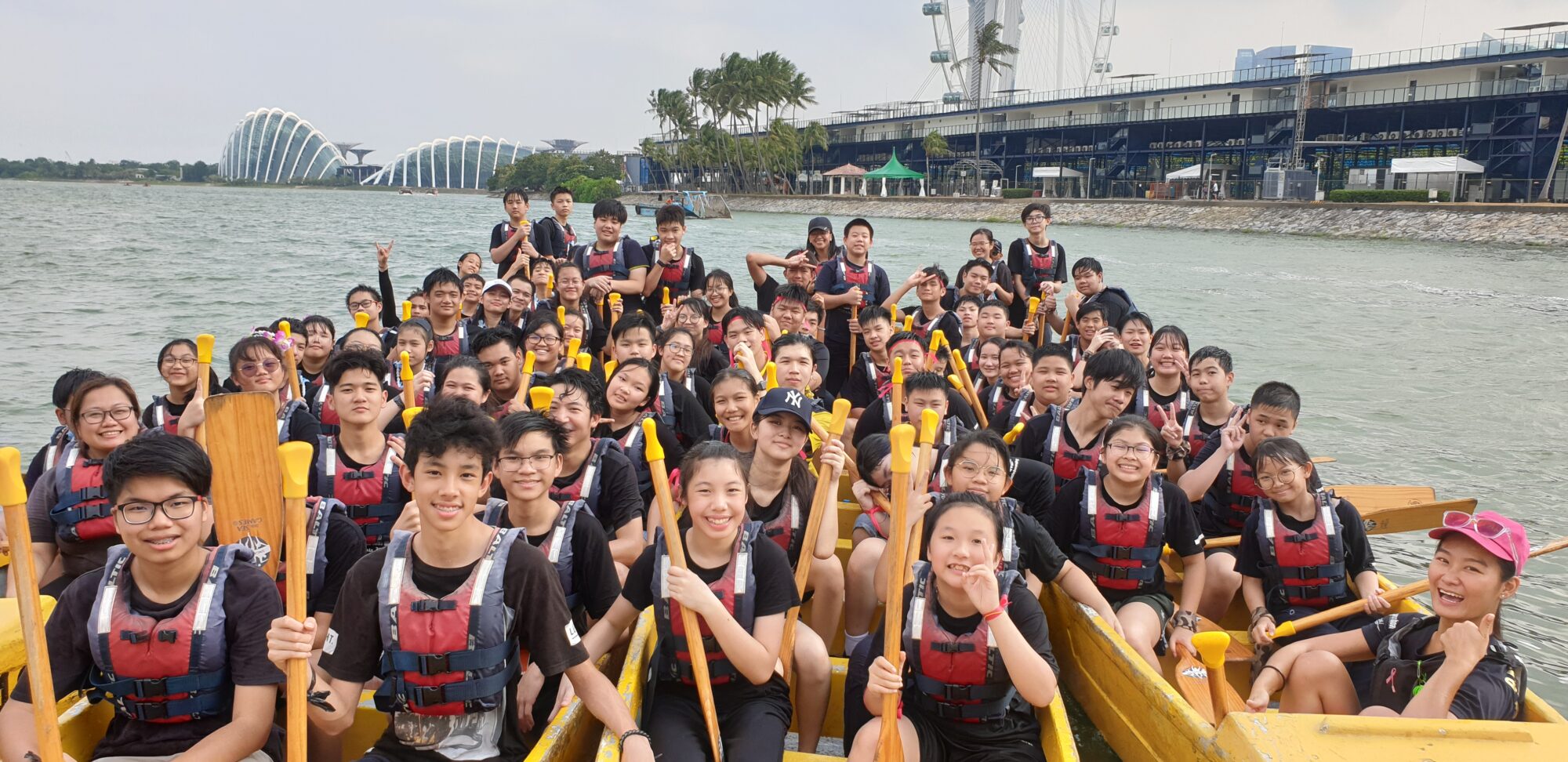When a child resides away from home under the care of guardians, it’s essential that parents and guardians establish a harmonious and aligned partnership. As guardians responsible for the children in our hostel, we actively collaborate with parents. We trust that parents can equally engage in this collaborative journey. Here, we provide parents with practical tips for effectively working with guardians to support their child’s well-being.
Shared Goals and Expectations
To begin, parents and guardians should jointly establish shared goals for the child. At the outset of the child’s stay, parents should communicate their goals for their child’s development to the guardians. While the child is under the guardians’ care, they must guide the child to fulfil these mutually agreed-upon goals and expectations. Additionally, it’s crucial to prioritize the prevention of conflicts and misunderstandings among all parties. Working together toward a common objective must be the norm. Parents should select guardians whose values align with their own. It’s important to remember that parents entrust their child’s well-being and future to the guardians. Thus, they must place trust in the guardians’ judgment and principles to nurture their child.

Open and Regular Communication
Secondly, in addition to defining shared goals and expectations, parents should maintain ongoing communication with the guardians. In Milchel, we provide biannual reports on the child’s well-being and progress to parents. These reports supplement the insights gained from Parent-Teacher meetings, which we participate in on their behalf. Therefore, we expect parents to dedicate time to review these reports and respond with their comments. Communication channels should remain open through email, phone calls, and messaging apps. This ensures transparency among all parties and keeps parents well-informed about the developments in their child’s life.

Feedback and Constructive Conflict Resolution
Lastly, parents should be open to feedback from guardians, and vice versa. All communications and decisions should be guided by a shared objective: the child’s well-being. Parents should adopt a constructive approach to conflict resolution should disagreements arise. We emphasise the value of maintaining mutual respect and professionalism throughout these interactions.
The saying goes, “It takes a village to raise a child.” Milchel is honoured to be a part of the village that nurtures and shapes your child. We are deeply appreciative of the trust parents place in us, and we look forward to continuing this partnership with parents and families. Our collective efforts are dedicated to the betterment of every Milchelian.







